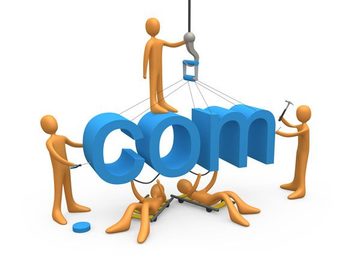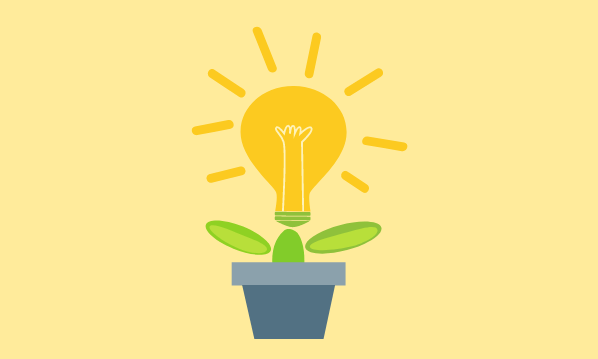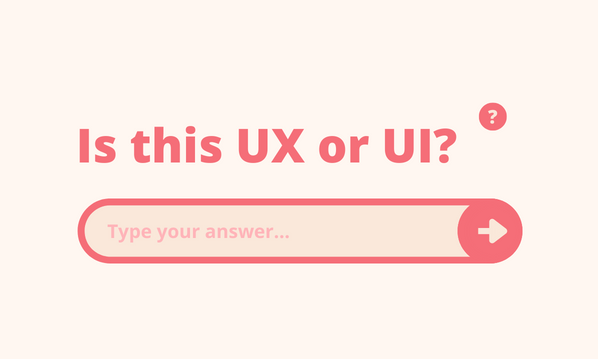
1. Your aims
Before you start on a web project, take some time to think about the purpose behind it. Do you just want to build awareness of your business in the local area, are you keen to sell online or distinguish yourself from your competition?
2. Your audience
It’s important to understand what people will be looking for when they visit your website.
Think about who you want your site to appeal to. Are you hoping to attract various different categories of visitor, or market segments?
3. Website creation
Once you’re clear on what you want your website to achieve and who it will be aimed at, you can start thinking about creating it.
Working with a web design and development company is a safer option, compared to building your website yourself, and will usually yield better results. They will also be able to advise you on the best domain name to choose.
4. Look and feel
Your website doesn’t just have to look nice. It must also put across the right messages about your business and what you’re offering, and strike the right psychological notes with each segment of your audience.
5. Website usability
The way you organise the information on your website will make a big difference to the visitor experience. Think again about the different segments of your audience and why they’ll be visiting your website. This should help you plan how your website is laid out to make the user journey as easy and enjoyable as possible.
6. Website accessibility
Make sure the web company you use builds your site to W3C accessibility standards. This ensures that:
- people can access your site from different browsers
- people with visual and physical impairments can access your content
7. E-commerce
Do you want to use your website to sell directly to the public? If so, you’ll need to build in e-commerce functionality.
8. Content
The content is one of the most important aspects of any website. This includes the text and images, as well as rich media content like video. This is how your site will communicate with visitors and will affect your position on search engines.
9. Search engine optimisation
It’s important to include the right keywords at strategic points in your section titles and content to achieve good positions in search engine results. Incoming links from other websites will also boost your rankings.
There are a number of other techniques to consider – your web developers should be able to help.
10. Keeping up to date
Updating your content regularly will help to maintain your position on search engines and also encourage people to visit again. Adding a blog is a great way to keep your site active.





